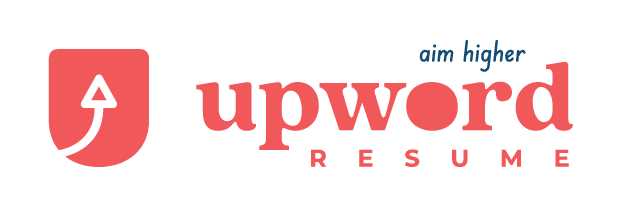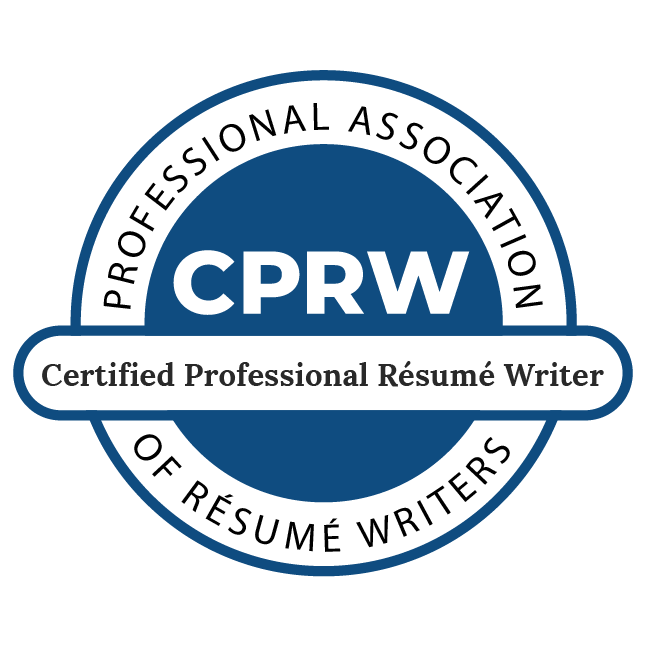Dedicated, skilled teachers are essential to society. But the truth is that many K-12 classroom teachers are facing burnout from long hours, low pay, and stressful working conditions.
The good news is that the skills teachers develop are tremendously valuable in the job market and highly transferable to other career paths. Many transitioning teachers find good-fit jobs in an array of careers.
Some of these are:
Instructional Design
Classroom teachers transfer their skills in curriculum development, learning assessments, and individualized instruction to create internal employee trainings for corporations or user trainings for software companies.
Customer Success
EdTech and other SaaS companies hire former teachers to help their clients onboard to new tech platforms and get the most out of their products.
Project Management
This career is a great place for teachers with leadership experience. Project managers oversee the planning and execution of a project and manage the project team and budget.
Training & Development
Teachers make excellent corporate trainers. Companies hire former teachers to create employee onboarding, skills training, and leadership development curriculum and to deliver the training.
Whatever new role you target, your resume must pivot from describing your teaching outcomes (classroom management, standardized test scores) to describing the carryover skills that qualify you for the new role.
Here are our top tips for building a teacher transition resume:
1. Use industry language instead of teaching language.
Using job descriptions as your guide, replace school-specific language with industry terminology. Instead of taught students, use phrases like:
- met learning outcomes
- achieved learning standards
- met standards and objectives at X percentage
Instead of referring yourself as a teacher, refer to yourself as an educator, trainer, or instructor. And refer to your students as learners or clients.
These terminology swaps help the reader of your resume to see your skills as applicable outside the classroom.
2. Focus on transferable skills.
Your expertise in classroom teaching also gives you skills that qualify you for industry roles. Use your resume to describe your skills in–
- Managing several tasks at once
- Data analysis
- Problem solving
- Project management
- Attention to detail
- Organization
- Creativity
- Adaptability
- Collaboration
- Relationship building
- Team leadership
For example, rather than writing a resume bullet point about writing lesson plans, write something like, “Demonstrated outstanding creativity and organization while designing daily instruction to meet the needs of diverse learners.”
3. Explain teacher terms to non-teachers.
Be on guard for teacher-specific lingo that may not make sense for industry readers. For example, instead of “Achieved 70% average scores on STAR exam,” give needed context with something like, “Achieved 40% improvement on state reading assessment through strategic learning interventions,” or “Achieved highest average scores on district-wide on math assessment.”
These edits let non-teachers know what STAR is and gives them cues on how to interpret the 70% score.
Instead of “Participated in weekly PLC,” say “Collaborated weekly with grade-level team to develop curriculum and share best practices.”
4. Highlight leadership, training, and technology skills.
Leadership is applicable to virtually every career path. If your teaching experience includes tenure as a team lead or department chair, include accomplishments from that experience, such as leading meetings or rolling out initiatives.
Opportunities you have had to lead or teach adults are valuable also. This could include training teachers, mentoring student teachers, or presenting professional development at staff meetings or workshops.
And be sure to list technology you used as a teacher, especially platforms that are used in the field you are targeting.
5. Omit information that doesn’t apply to your current job search.
As a teacher, you have some skills that DON’T carry over to corporate roles. For example, your teaching certification or training in reading strategies are important in your teaching role but won’t be relevant for a Customer Success position.
Some Ed Tech roles, however, do prefer teaching certification, so check the job description to decide whether to include this.
Brainstorm experience that shows your ability to achieve results or emphasizes transferable skills, but don’t be afraid to omit information that isn’t relevant.
6. Add certifications you’ve completed in your target field.
LinkedIn Learning (and other sources) has some great courses for learning about Instructional Design, Customer Success, and other fields popular with transitioning teachers. If you earn a LinkedIn certification, list it under your education.
We highly recommend the resources at Teacher Transition for teachers looking to prepare for a new role.
At Upword Resume, we’ve helped dozens of teachers land new jobs for companies in tech, education, ecommerce, and more. While teaching is a specialized skill set, it also includes many transferable skills that are in high demand in companies across many industries.
Upword Resume offers a special suite of services specifically for transitioning teachers. Check out our offerings at: https://upwordresume.com/career-for-teachers/


